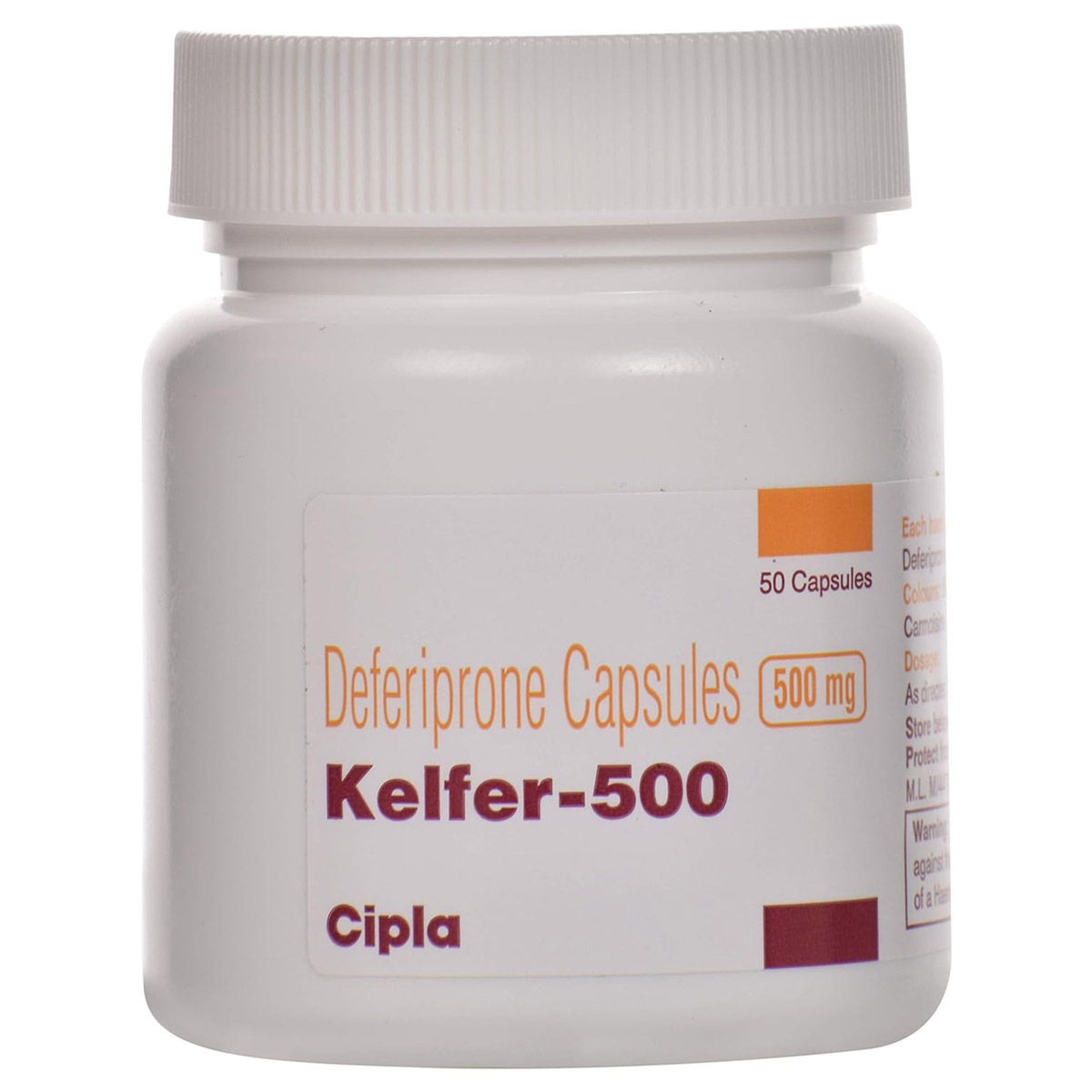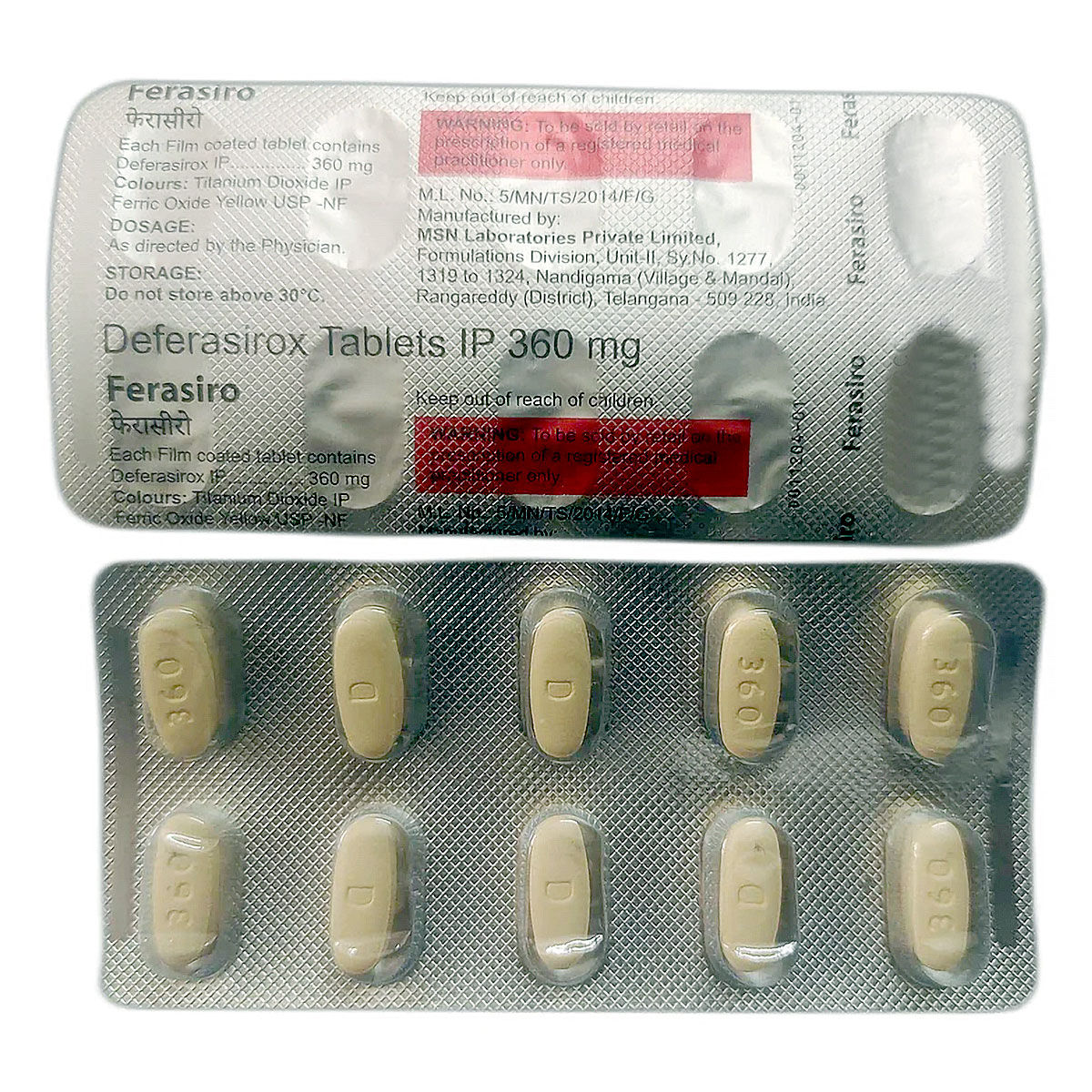- Home
- Health Condition
Medicine For Addiction
Medicine For Addiction
- Total Items (18)
 RX
RXKelfer-500 Capsule 50's
₹563.50
 RX
RXThiotroy Injection 50 ml
₹693
MRP ₹770
10% off
 RX
RXEdta PFA 75 mg Injection 0.5 ml
₹1259.10
MRP ₹1399
10% off
 RX
RXFerasiro 360 Tab 10'S
₹454.50
MRP ₹505
10% off

Rcol Mix Powder 50 gm
₹472.50
MRP ₹525
10% off
 RX
RXDesfre Tablet 10's
₹48.20
MRP ₹53.50
10% off
 RX
RXDesifer 400 mg Tablet 6's
₹486
MRP ₹540
10% off

CYANIDE ANTI DOTE MEDICINES KIT INJ
₹14715
MRP ₹16350
10% off
 RX
RXDefrijet FCT 180 mg Tablet 10's
₹306
MRP ₹340
10% off
 RX
RXEDTA Pfs 37.5 mg/0.25 ml Injection 1's
₹674.10
MRP ₹749
10% off
 RX
RXKelfer-250Mg Capsule 50's
₹263.70
MRP ₹293
10% off
 RX
RXNS-DT PFS Injection 20 ml
₹1439.10
MRP ₹1599
10% off
 RX
RXNeutravenom Inj 10Ml
₹562.95
MRP ₹625.50
10% off
 RX
RXNacel 400 mg Injection 2 ml
₹47.25
MRP ₹52.50
10% off
 RX
RXNacel 1 gm Injection 1's
₹112.95
MRP ₹125.50
10% off
 RX
RXOleptiss 360 mg Tablet 30's
₹5759.55
MRP ₹6399.50
10% off
 RX
RXSodium Nitrite 300Mg Inj 10Ml
₹210.15
MRP ₹233.50
10% off
 RX
RXSodium Thiosulphate 500Mg Inj 50Ml
₹2315.16
MRP ₹2572.40
10% off
Medicine for Addiction
Addiction is a complex and challenging condition that affects millions of individuals worldwide, disrupting lives and causing significant physical, emotional, and social harm. While behavioural therapies and support systems play a crucial role in addiction treatment, medications have emerged as powerful tools for managing and overcoming addiction. These medications can help reduce withdrawal symptoms, curb cravings, and support long-term recovery.
Types of Medicine for Addiction
Addiction is a complex condition that often requires a combination of medications and behavioural therapies for effective treatment. Here are the most commonly used types of medicine for addiction:
1. Medications for Alcohol Addiction
- Disulfiram: This medication works by causing unpleasant symptoms (such as nausea and vomiting) when alcohol is consumed. The aim is to create a negative reaction to drinking, making it easier for the individual to abstain.
- Acamprosate: Acamprosate helps reduce the urge to drink by restoring the balance of neurotransmitters in the brain. This helps manage cravings and supports long-term sobriety after alcohol detoxification.
- Naltrexone: Naltrexone blocks the pleasurable effects of alcohol in the brain, reducing cravings and making drinking less rewarding. It can be taken in pill form or as an injectable.
2. Medications for Opioid Addiction
- Methadone: Methadone is a long-acting opioid agonist that helps to manage withdrawal symptoms and reduce cravings without producing the euphoric high associated with opioid use. It is typically administered under medical supervision in clinics.
- Buprenorphine: Buprenorphine is a partial opioid agonist, meaning it activates opioid receptors but to a lesser degree than full opioids. It helps reduce withdrawal symptoms and cravings while also preventing misuse. It is often prescribed by healthcare providers.
- Naloxone: Naloxone is an opioid antagonist used to reverse opioid overdoses. It is often combined with other medications (such as buprenorphine) to reduce the risk of misuse while also being used in emergency situations to treat opioid overdoses.
3. Medications for Tobacco Addiction
Nicotine Replacement Therapy (NRT): NRT includes a variety of forms such as patches, gum, lozenges, nasal sprays, and inhalers. These products deliver controlled doses of nicotine to ease cravings and withdrawal symptoms while helping individuals gradually reduce their dependence.
- Bupropion: Bupropion, often used as an antidepressant, can also help reduce cravings and withdrawal symptoms associated with smoking cessation. It works by influencing brain chemicals related to mood and cravings.
- Varenicline: Varenicline works by blocking nicotine from reaching receptors in the brain, making smoking less rewarding. It also reduces cravings and withdrawal symptoms, helping individuals quit smoking.
4. Medications for Cannabis Addiction
N-acetylcysteine (NAC): NAC is an antioxidant that may help balance brain chemicals, reducing cannabis cravings and making it easier for individuals to quit.
- Gabapentin: Gabapentin, typically used for treating seizures and nerve pain, has shown potential in easing withdrawal symptoms associated with cannabis addiction, such as anxiety and irritability.
5. Medications for Stimulant Addiction
- Modafinil: Modafinil is a wakefulness-promoting drug that helps reduce cravings for stimulants like cocaine and methamphetamine. It works by improving motivation and attention, which can support the recovery process.
- Topiramate: Topiramate is an anticonvulsant that has been found to reduce cravings and withdrawal symptoms for stimulant addiction. It may also have a beneficial impact on mood disorders often seen with stimulant use.
Benefits of Using Medicine for Addiction Treatment
Medications play an important role in helping people recover from addiction, making it easier to manage the challenges that come with breaking free from substance use. Here are some key benefits of using medications during addiction treatment:
- Eases Withdrawal Symptoms: When someone is trying to quit an addictive substance, withdrawal symptoms can be uncomfortable and sometimes overwhelming. Medications can help lessen these symptoms, making it easier for the person to start their recovery journey without the added stress of intense physical discomfort.
- Reduces Cravings: One of the toughest parts of recovery is dealing with the strong cravings to use the substance again. Medications can help curb these cravings, making it less likely that someone will relapse and more likely that they will stay on track with their recovery
- .Helps You Stick with Treatment: Medications used in combination with therapy have been shown to help people stay engaged in their treatment programs. People who use medications are more likely to stay in treatment longer, follow their doctor’s plan, and have better long-term outcomes.
- Helps Manage Other Mental Health Issues: Addiction often comes with mental health challenges like anxiety or depression. Some medications used in addiction treatment can help manage these co-occurring conditions, providing overall support for the person's mental health and improving their chances of a successful recovery.
- Supports Long-Term Recovery: Medications can help prevent relapse by stabilising the person’s condition and supporting their mental health. This makes it easier for individuals to stay sober over the long term and build a healthier, more stable life.
Dosage & Usage Instructions of Medicine for Addiction
Proper dosage and usage of medicine for addiction are essential to ensure their effectiveness and safety. Dosage may vary based on the type of medication, individual health needs, and the specific guidance of a healthcare provider. Here are general guidelines for some commonly used addiction medications:
1. Medications for Alcohol Addiction
- Disulfiram: Typically taken once daily in pill form. Avoid alcohol in any form, as it can cause severe reactions. Follow the dosage instructions provided by your healthcare provider.
- Acamprosate: Generally taken three times a day, with or without food. Consistency is important for effectiveness. Adhere to the prescribed schedule.
- Naltrexone: Available in pill form (usually taken once a day) or as an injectable form (administered once a month). Follow your healthcare provider's recommendations for the specific dosage and schedule.
2. Medications for Opioid Addiction
- Methadone: Administered once daily under medical supervision. The dosage is carefully adjusted based on the individual's needs. Do not adjust the dose without consulting your healthcare provider.
- Buprenorphine: Typically taken once daily, available in tablet or film form. It is usually taken sublingually (under the tongue). Follow the specific instructions provided by your healthcare provider.
- Naloxone: Used in emergency situations to reverse opioid overdose. It is available as a nasal spray or injectable form. Follow the instructions for use in emergencies and seek medical help immediately.
3. Medications for Tobacco Addiction
Nicotine Replacement Therapy (NRT): Dosing varies by product:
- Patches: Apply a new patch to clean, dry, and hairless skin once daily. Rotate application sites to avoid skin irritation. Worn for 16-24 hours.
- Gum and Lozenges: Used as needed throughout the day, typically every 1-2 hours. Avoid eating or drinking 15 minutes before and after use.
- Nasal Sprays and Inhalers: Follow the dosage instructions provided, typically used multiple times per day.
- Bupropion: Taken as a tablet, usually once or twice daily. Start 1-2 weeks before quitting smoking to allow the medication to build up in your system. Gradual dosage adjustments may be made depending on the individual’s response.
- Varenicline: Taken as a tablet, usually once or twice daily. The dosage is usually gradually increased over the first week. Follow the specific dosage schedule provided by your healthcare provider.
4. Medications for Cannabis Addiction
- N-acetylcysteine (NAC): Taken in capsule or tablet form, typically two to three times per day. Follow the dosage instructions provided by your healthcare provider or on the product label.
- Gabapentin: Used off-label to manage withdrawal symptoms. Dosage varies but is usually taken in divided doses throughout the day. Follow your healthcare provider's instructions.
5. Medications for Stimulant Addiction
- Modafinil: Taken as a tablet, usually once daily in the morning. Follow the specific dosage instructions provided by your healthcare provider.
- Topiramate: Taken as a tablet, usually twice daily. Follow the dosage and timing instructions provided by your healthcare provider.
Important Considerations for Addiction Medications
- Consult a healthcare provider before starting any medication.
- Follow the prescribed dosage and never adjust it without consulting your healthcare provider.
- Monitor for side effects and report any adverse reactions immediately.
- Combine medication with behavioural therapies for optimal results.
- Stay committed to your treatment plan and seek support from healthcare providers, support groups, and loved ones.
Where to Order Medicine for Addiction Online?
You can easily order medicine for addiction treatment from trusted platforms like Apollo 24|7. Through the Apollo 24|7 website or mobile app, you can access a wide range of medicines for addiction, including those for alcohol, opioid, tobacco, and stimulant addictions. These medicines are sourced from reliable brands and can be conveniently delivered directly to your doorstep. Additionally, the platform offers the ability to book doctor appointments and lab tests, providing a comprehensive healthcare experience. Whether you need a prescription or personalised advice, Apollo 24|7 ensures easy access to the medicine for addiction and services needed for effective treatment.
Frequently asked questions
Medicine for addiction treatment refers to medications that help people manage and overcome addictions. These medicines reduce cravings, ease withdrawal symptoms, and support long-term recovery. They're often used alongside therapy or counselling to provide a more complete treatment plan.
Medications help by making it easier to manage withdrawal symptoms and cravings, which can be very intense when trying to quit. They can also help restore balance to the brain, making it easier to stay sober and avoid relapse. This support makes the recovery process smoother and more sustainable.
Medications are available to help people recover from many types of addiction, including alcohol, opioids (like heroin), tobacco, stimulants (like cocaine), and even cannabis. Each type of addiction has specific medications designed to help manage it.
Addiction medications are safe when used under the supervision of a healthcare provider. They are designed to help manage your symptoms and support recovery. It's important to follow your doctor’s instructions and discuss any concerns or side effects.
The length of time you need to take medication depends on the type of addiction, your individual recovery process, and your healthcare provider’s recommendations. Some people may need medication for several months, while others may only need it for a short time. Your healthcare provider will guide you on how long treatment should last.
